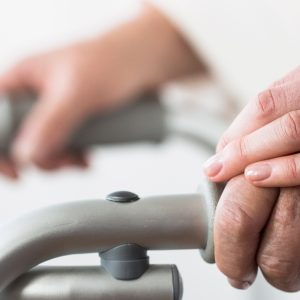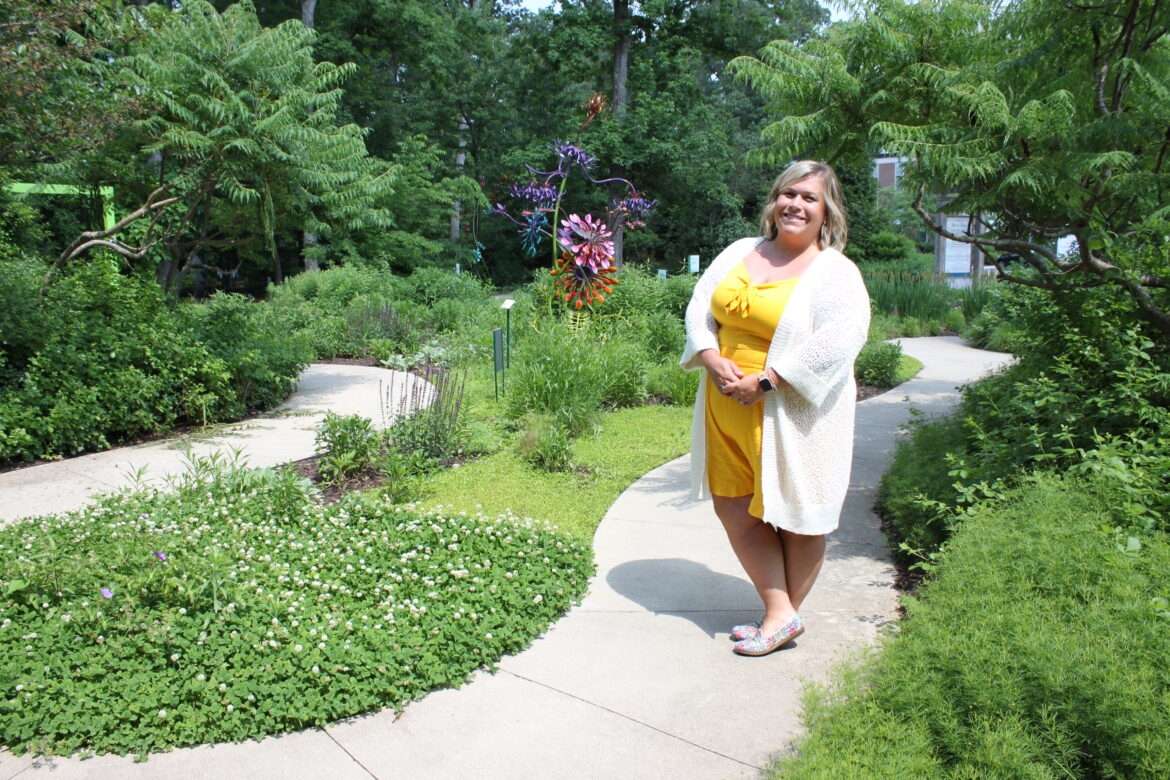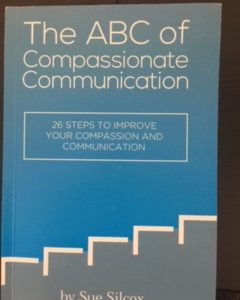Is it Possible for Doctors to Provide Compassionate Care?

 The Physician's Oath promises to approach all patients with integrity, candor, empathy, and respect. I believe that most doctors take their oath seriously. I believe most doctors study very hard because they truly want to help other people and make a positive difference in the field of medicine. Doctors have a tremendous responsibility in today's messy healthcare environment. They work long hours, have many patients and deal with lots of complications to ultimately deliver the care that their patients need. So, is it really possible for doctors to provide compassionate care?
The Physician's Oath promises to approach all patients with integrity, candor, empathy, and respect. I believe that most doctors take their oath seriously. I believe most doctors study very hard because they truly want to help other people and make a positive difference in the field of medicine. Doctors have a tremendous responsibility in today's messy healthcare environment. They work long hours, have many patients and deal with lots of complications to ultimately deliver the care that their patients need. So, is it really possible for doctors to provide compassionate care?
I will speak only from a patient and patient advocate perspective, after having been a caregiver to my aging parents for many years. Most doctors want to listen to their patients and get to know them beyond their medical conditions. I really believe that. I think most doctors would agree that the complexities of healthcare take away from the time they would like to spend with their patients and families so that they can be a source of compassion and guidance.
For doctors to provide compassionate care, they must have time. Unfortunately, this is rarely a luxury, if at all. Treating patients medical needs is first and foremost when it comes down to it. Having the time to converse and get to know their patients is almost unheard of these days. So how can doctors provide compassionate care when the odds are stacked against them in so many ways.
In dementia training, we teach the importance of eye-to-eye contact, slowing down, speaking with respect to another person, gently holding one's hand to provide comfort among other simple gestures. These are signs of compassionate care that take no more time than the alternative. Sometimes a smile or caring concern is all it takes to quickly make another person feel like they are important to another person - even if it's brief.
Doctors are fixers, and it's natural in their hurried days to be focused on fixing what's wrong. And no doubt that is monumentally important. As healers, though, a doctor can and should practice compassionate care even though the odds are often stacked against you. Compassionate care can be taught, learned and passed on to others. It's an emotional, spiritual and transformational gift that you give another person shown with the simplest of gestures.
Compassion can be felt by another just by the gift of your genuine presence.
Pam Brandon is President of AGE-u-cate® Training Institute and a passionate advocate for older adults and those who serve them. She is the creator of the Dementia Live® Simulation and Awareness Program.


